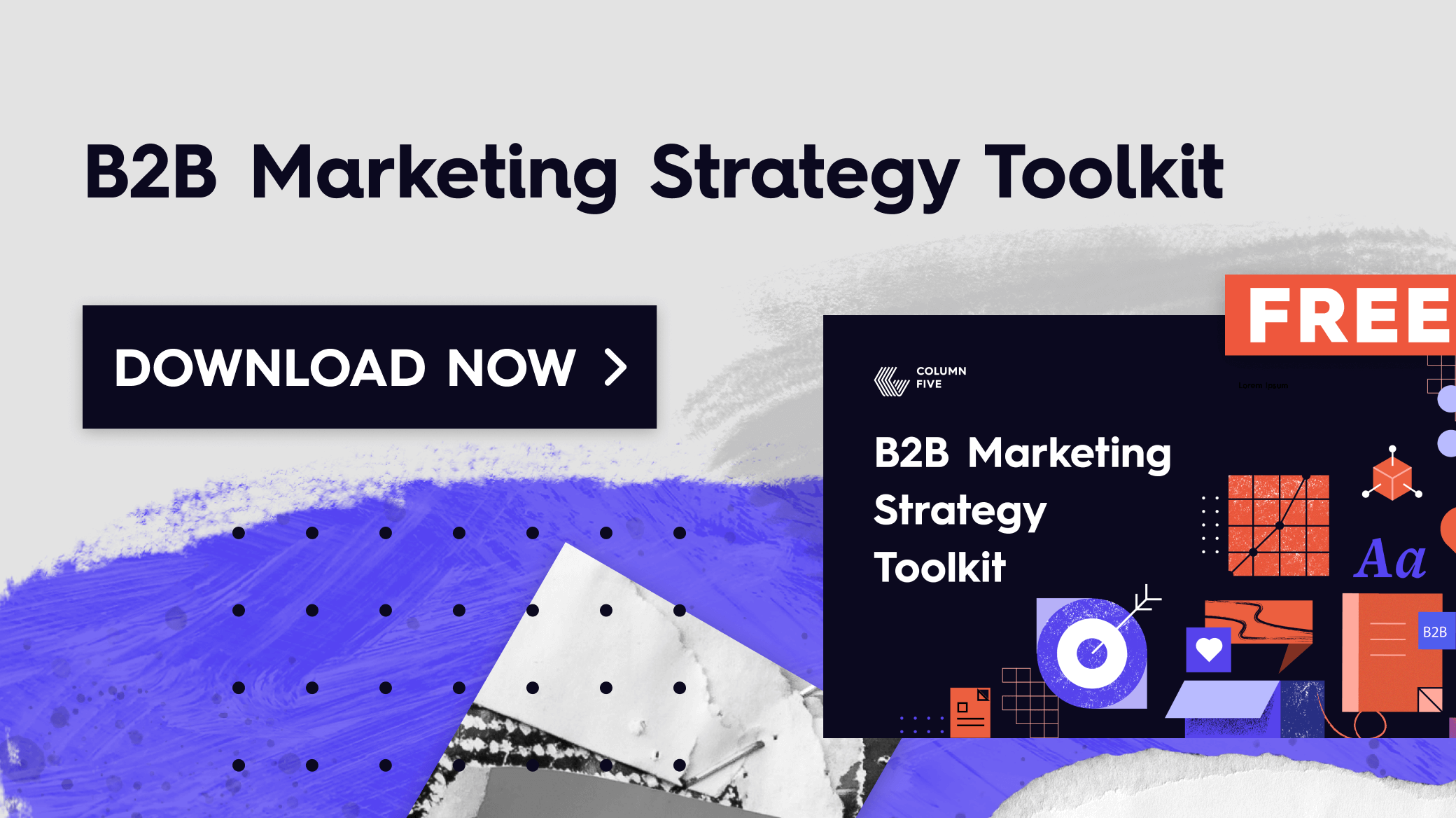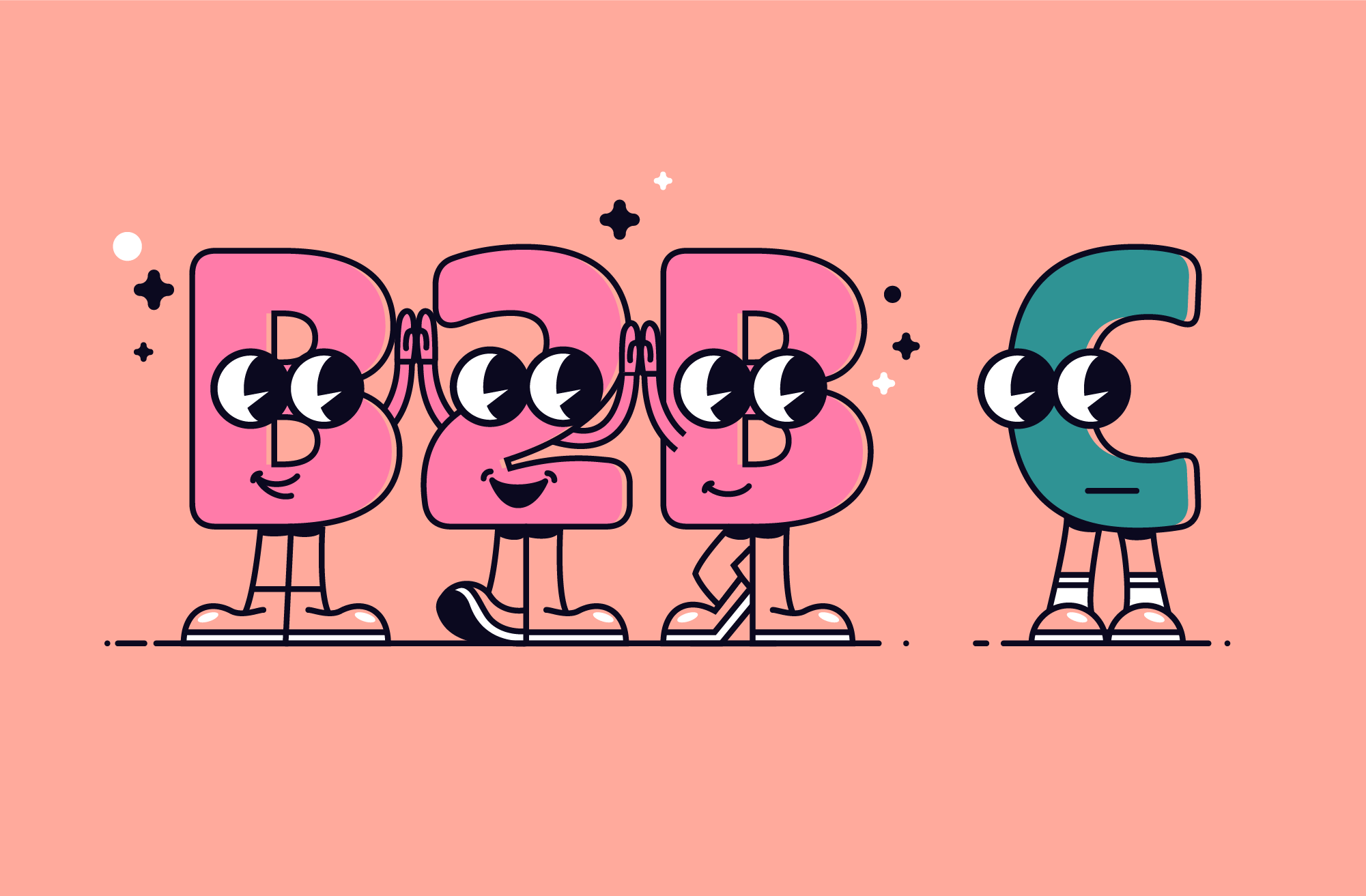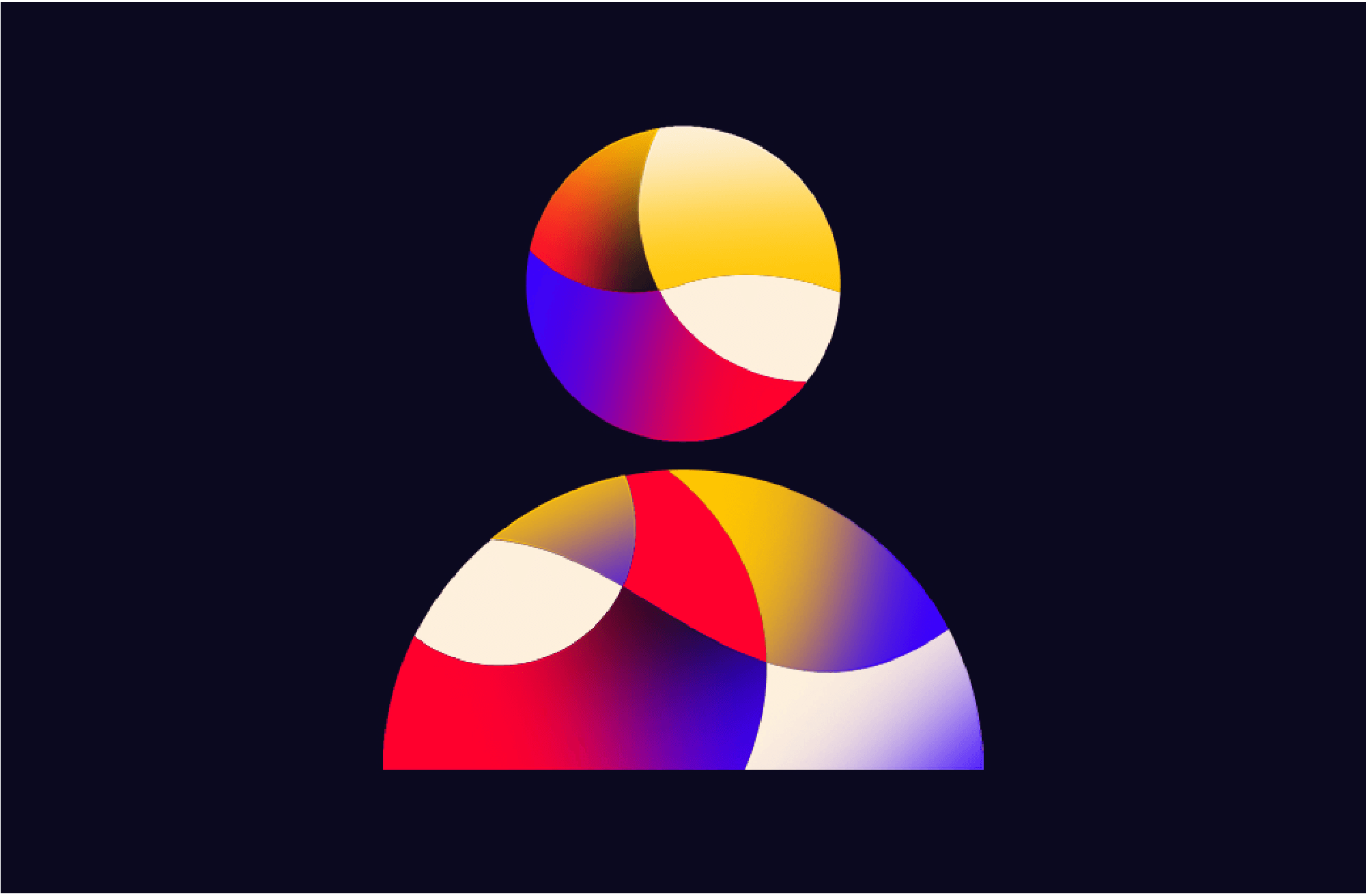Is B2B marketing easy? Nope. Is it as glamorous as selling, say, fashion or jewelry? Definitely not. But if you’re a savvy marketer who loves to build a seamless buyer journey or craft the perfect CTA, then the B2B hustle can be incredibly rewarding. That said, when you’re feeling uninspired, or stuck on your strategy, or disappointed by your last campaign, it’s easy to forget why you’re in the game. (Trust us, we’ve been there plenty of times ourselves.)
That’s why we like to take a step back sometimes to remember why we do what we do, reframe our thinking, and get reinvigorated to approach B2B marketing with B2C-level swag.

Why B2B Marketing Is a Rewarding Challenge
What’s the real difference between B2B and B2C? It isn’t just the products. Here are four key reasons why B2B is where the real marketing ballers thrive.
1) Less “sexy” products require more creativity.
In the B2C world, some products practically sell themselves through marketing. A delectable piece of chocolate will seduce you in a print ad. A skimpy swimsuit can stop your scroll on Instagram. This type of content appeals to the impulse spender in all of us, but glamour, mystique, and, yes, sex, just aren’t viable tactics for a B2B product (especially in SaaS marketing).
So how do you tell a compelling story? How do you eloquently articulate the value and benefit of your product? How do you stand out in a sea of competitors? When you can’t get by on looks or novelty, you have to roll up your sleeves and push yourself (and your team) to come up with truly creative content that will connect with your small but powerful audience.
It requires deep work, strategic thinking, and out-of-the-box ideas. (Unlike B2C, your content can’t be a broken record or an exhaustive exploration of appropriate synonyms to get the “perfect pout” or “shiny hair.”)
You need every part of your content ecosystem—from blog posts and captions to emails and Instagram stories—to capture attention and move your potential buyer down the path to purchase. And when a creative idea pays off, there’s nothing better.
Tip: If you’re feeling creatively uninspired, take a look at how these brands promote boring products through A+ content marketing.
2) A longer sales timeline means you get to build deeper relationships.
B2C is a transactional relationship—often a one-and-done with little follow-up. In B2B, it takes much, much longer to complete a sale. You’re also selling fewer products and services. That means you have more time to get to know your audience, and you can focus on delivering the precise product/service they need to enhance their lives.
You also have more touch points to engage with them in creative ways. Just like a long-term relationship, the more you can use your creativity to keep things fresh, the more you can cultivate moments of real connection at every stage of the buyer journey. This can be challenging, but it also keeps the job exciting.
Tip: The more human you are in your marketing, the easier it will be to form an emotional bond with your audience. Use our free template to map your customer journey, identify the key messages that people need to hear at each stage, and create content that delivers true value.
3) You get to experiment.
When you’re marketing a product that is, frankly, a harder sell, you can’t rely on cheap tricks (see point 1) or standard formulas. B2B forces you to experiment, not only because there are multiple paths to purchase but because there are multiple stakeholders influencing every buying decision.
To get the right message to the right people, you need to try it all: different formats, different messaging, and different channels. You need to be brave enough to fail and savvy enough to turn that failure into a lesson.
Luckily, the more you take calculated risks, the more they pay off—and that’s a beautiful thing to see reflected in your monthly marketing report.
Tip: Experiment (strategically) at every touchpoint, learn from your data, and improve as you go. Remember: Progress, not perfection is always the goal in B2B. If you’re not sure how to measure your success, find out what metrics to should include in your strategy. (And say this with us: A/B testing is your friend!)
4) The payoff is (literally) bigger.
B2B means you’re marketing in a much smaller pond, but when you catch a fish—it’s incredibly satisfying. And because B2B requires such a deliberate marketing strategy, you are directly responsible for that win. (This is a huge asset when it comes time to get more budget for your next experimental campaign.)
Tip: While marketing’s main focus should be on marketing content, you can also create sales enablement content that empowers your sales team to close the deal.
Why We Still Love B2B Marketing
Like we said, B2B isn’t easy. But there are a number of reasons why we’re still here, servicing clients after all these years. So before we go, we’ll leave you with a few more reasons why we go big for B2B.
- The knowledge: You learn so much about marketing when you’re working in B2B. Whether it’s picking up a new hack or exploring emerging platforms and tactics, there is always something new to learn.
- The peers: Through our clients, employees, and peers, we constantly get to connect with smart, accomplished professionals at interesting companies. Whether they’re internationally known or local gems, it’s wonderful to build a community of people across industries.
- The humility: We’ve been working in this niche for a long time, but just when we think we know it all, we discover something new. Sometimes it’s a tough lesson; sometimes it’s a delightful surprise. But either way, this work keeps us on our toes. And that’s something we appreciate.
That said, we know that doing B2B marketing well can take a village. If you’re feeling like you could use a little support, see our tips to find the perfect agency partner for you, find out what it’s like to work with us on a B2B marketing strategy, or reach out directly.





